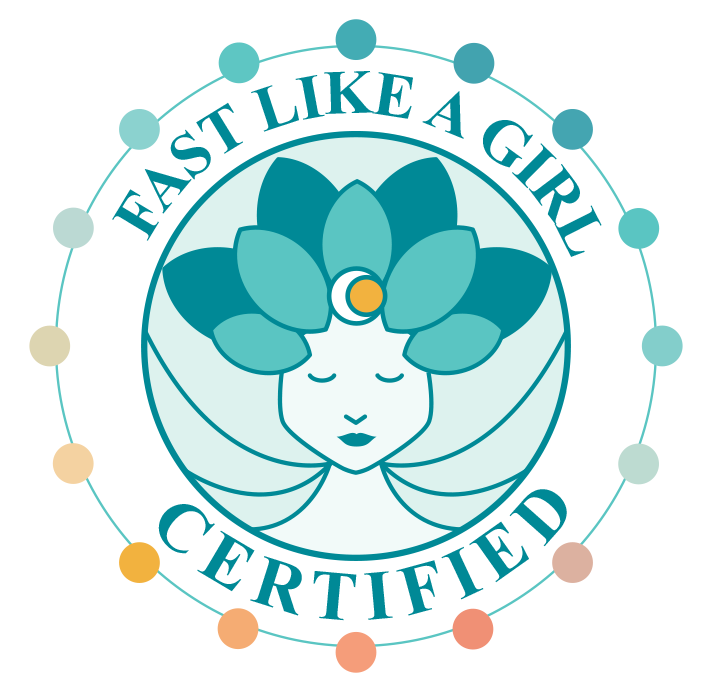Do you casually pop a pill when you have a pain or headache?
Do you know what that pill can do besides relieve your pain?
Whether you got your non-steroidal anti-inflammatory drug for pain relief over-the-counter or if it was a prescription, the same dangers apply.
Non-steroidal anti-inflammatory drugs are called NSAIDS for short. There are two kinds and they come in brand name as well as generic.
NSAIDS
Generic Brand Name(s)
- Ibuprofen Advil, Motrin
- Naproxen Aleve
- Aspirin Ascriptin, Bayer, Ecotrin
Acetaminophen
Generic Brand Name(s)
- Acetaminophen Tylenol
NSAID Dangers
Bleeding Ulcers
[1] Each year, 1-2% hospitalized: 103,000 people with 16,500 of them dying from taking these medicines responsibly.[2] Not including intentional overdoses, with incompatible medications, exceeding the recommended dosages[3]
Stroke, Heart Attack, Heart Failure
as early as two weeks of starting; the longer, the more, the higher risk[4]
daily aspirin no longer recommended for prevention in those without stroke, heart attack
Weight Gain
can mimic the effects of diabetes, increasing insulin release[5]
Liver Failure
Liver damage/ acute liver failure is the most common with acetaminophen (Tylenol). These risks are higher for those who use alcohol.[6]
38% of the 2000 Americans caused by acetaminophen; 28% dying.[7]
Kidney failure
electrolyte imbalance, acute renal failure, acute interstitial nephritis [8]
Hearing Loss
younger people most susceptible [9]
Pediatric Dangers
Children < six can have non-fatal liver injuries even on safe doses[10]
Think again
What are you going to do the next time you have an ache, pain or headache?
Dr. Cheryl is an expert in using natural medicines for pain relief. She can help you select what to do.
Please comment below about how you feel about these medications.
References
[1] JAMA 2002;287:337-344. “Recent patterns of medication use in the ambulatory adult population of the United States: The Slone Survey,”
[2] The Journal of Rheumatology, 2002;29(4):804-812. “A metaanalysis of severe upper gastrointestinal complications of nonsteroidal anti-inflammatory drugs,”
[3] American Journal of Therapeutics, 2000;7:115-121. “Gastrointestinal complications of prescription and over-the-counter nonsteroidal anti-inflammatory drugs: A view from the ARAMIS database,”
[4] Pharmacoepidemiol and Drug Safety, 2010 May;19(5):490-8. doi: 10.1002/pds.1945. “Use of non-steroidal anti-inflammatory drugs and risk of ischemic and hemorrhagic stroke in the Australian veteran community,”
[5] British Journal of Pharmacology, 2007 Jun;151(4):483-93. Epub 2007 Apr 16. “Non-steroidal anti-inflammatory drugs increase insulin release from beta cells by inhibiting ATP-sensitive potassium channels,”
[6] Biochemical Pharmacology, 1998 May 15;55(10):1557-65. “Alcohol-mediated increases in acetaminophen hepatotoxicity: role of CYP2E and CYP3A,”
[7] Hepatology 2000;32(4 pt 2):396A. “Outcome of acetaminophen-induced liver failure in the USA in suicidal vs accidental overdose: Preliminary results of a prospective multi-center trial,”
[8] J Clin Pharmacol. 1995 May;35(5):454-63.Renal effects of over-the-counter analgesics.
[9] American Journal of Medicine 2010 Mar; 123(3): 231–237 Analgesic Use and the Risk of Hearing Loss in Men
[10] American Journal of Therapeutics, 2014 May-Jun;21(3):174-83. doi: 10.1097/MJT.0b013e3182459c53. “Toxicity from repeated doses of acetaminophen in children: assessment of causality and dose in reported cases,”





